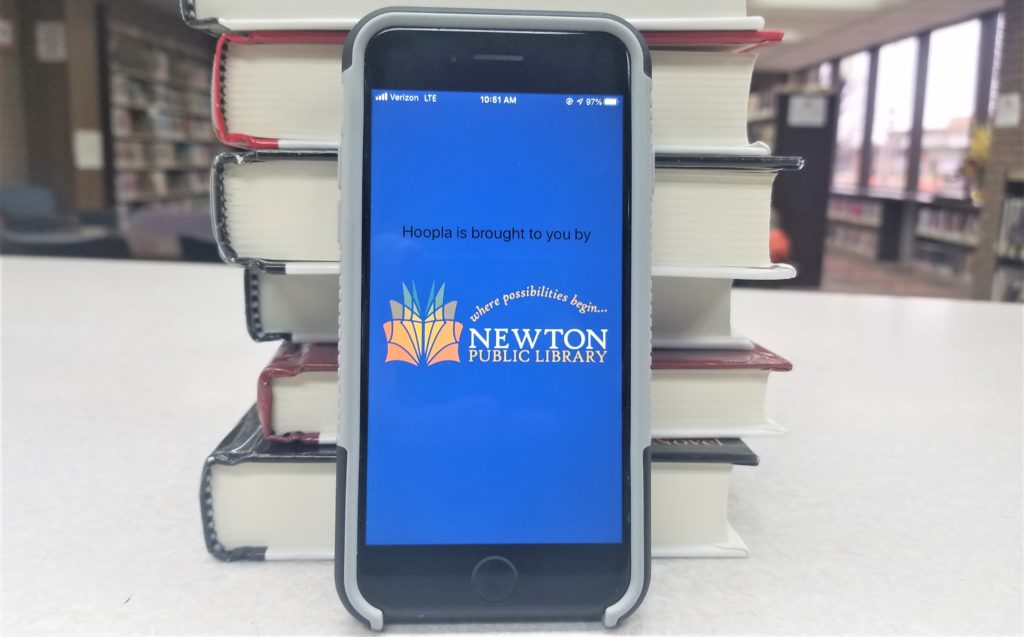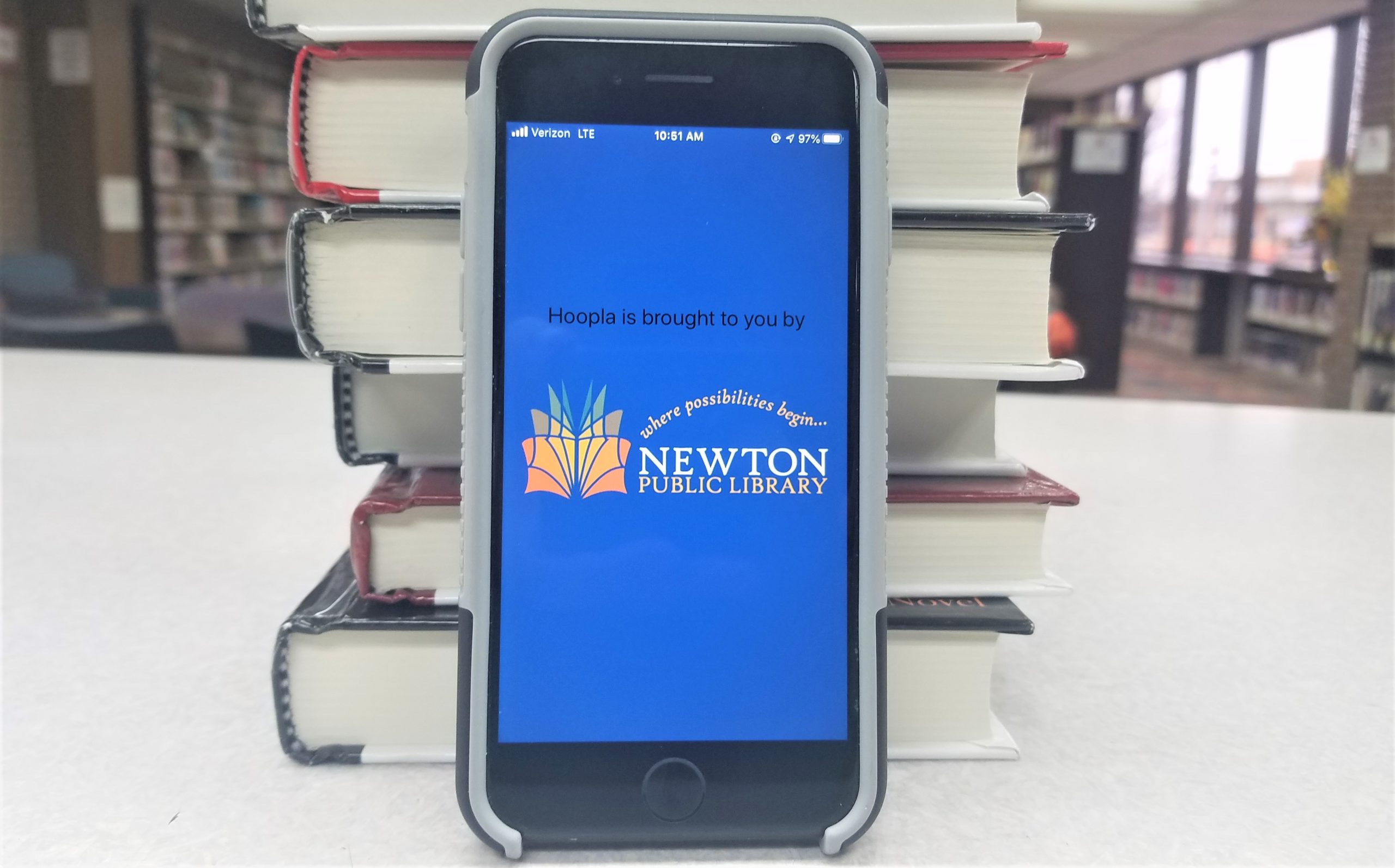By Sam Jack, sjack@newtonplks.org
The drumbeat of news about the novel coronavirus abruptly jumped to a new level of intensity and urgency on the evening of Wednesday, March 11.
That evening, over the course of what felt like just a few minutes, President Donald Trump addressed the nation about the crisis; the NBA suspended its season; Tom Hanks announced that he and his wife, Rita Wilson, had fallen ill; and Kansas colleges started announcing class cancelations and delays.
If you’ve spent time on Twitter, Facebook or other social media since March 11, you have no doubt seen photos, memes and viral stories with no ready answers to some important questions: “Where did this come from? Is this real or fake?”
Some of the questionable content truly is real, and accurate. Some of it falls into the category of “malicious hoax.”
And then there are the jokes and memes; lots and lots of those. They wouldn’t be a problem if you could rely on everybody in the world to get a joke.
Altogether, the endless stream of questionable “news” is a problem—a big problem.
Millions of people are seeing, and perhaps believing, tall tales about coronavirus because they appear in feeds on Facebook or Twitter. Millions of others don’t fall for the false news, but they throw up their hands and tune out legitimate, credible information.
So, what do you do? One thing you can do is ask a librarian.
If you want to know whether something you heard is true, false or debatable, we can do a bit of research and tell you. We can connect you with reliable sources, such as public agencies; widely-respected national media; and credible, responsible local media outlets such as Newton Now and The Newton Kansan.
You can stop in, give us a call at 316-283-2890, email your questions to library@newtonplks.org, or contact us through Facebook, www.facebook.com/NewtonPublicLibraryKansas.

Digital Reading and Entertainment
Connecting patrons with the information they need is one important part of our mission. Another is to provide “ready and free access to the world of ideas…and creative experience.” So if the coronavirus means you’re stuck at home, whether for a few days or a few weeks, please take advantage of our digital reading and entertainment services.
• Libby: Libby is an app for Android, iOs and Windows. For most people, Libby is the easiest way to access the Sunflower eLibrary, a collection of thousands of ebooks and streaming audiobooks that we share with other Kansas libraries. You can also access Sunflower eLibrary content through the Overdrive app, or using an internet browser.
• Hoopla: Hoopla provides ebooks and audiobooks, plus music and streaming video. Unlike Libby, titles on Hoopla are available on-demand, so you never have to wait for someone else to turn an item back in. Hoopla can be accessed via mobile apps and web browsers, and it is also compatible with Roku and several different varieties of smart TV. Each patron can borrow up to four items per month using Hoopla.
• Flipster: Use Flipster to read digital replicas of more than two dozen popular magazines, including People, Highlights, Time and The New Yorker. I use the Flipster app on my iPhone all the time, and it works great. It’s also available for Android and via web browsers.
These three services, and many others, are free with your Newton Public Library card. For more information, visit www.newtonplks.org, give us a call or stop in. We’re always happy to troubleshoot or help get you set up with access.
Sam Jack is the Public Relations & Special Services Supervisor at Newton Public Library.

